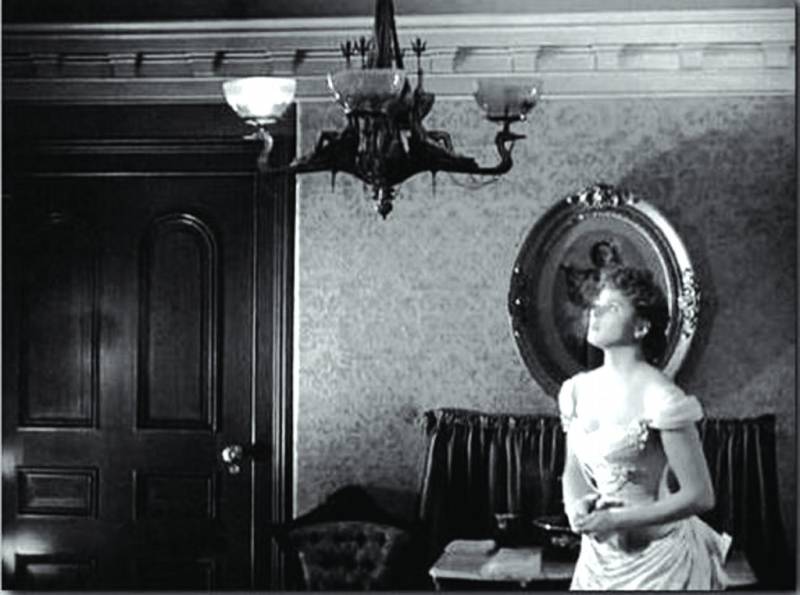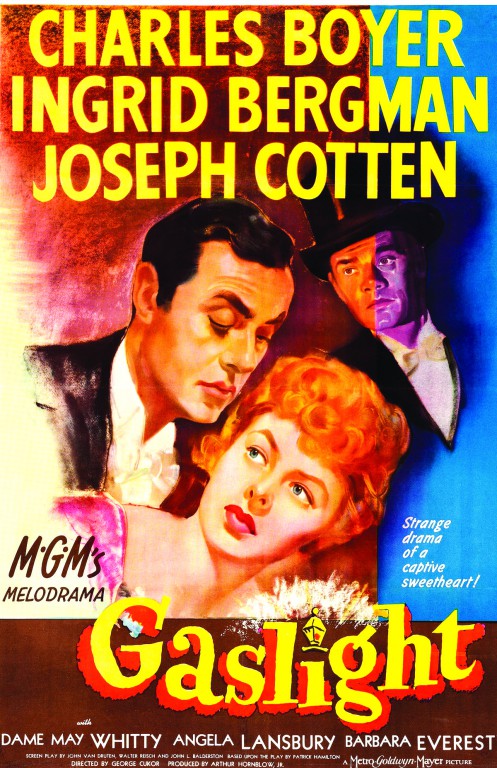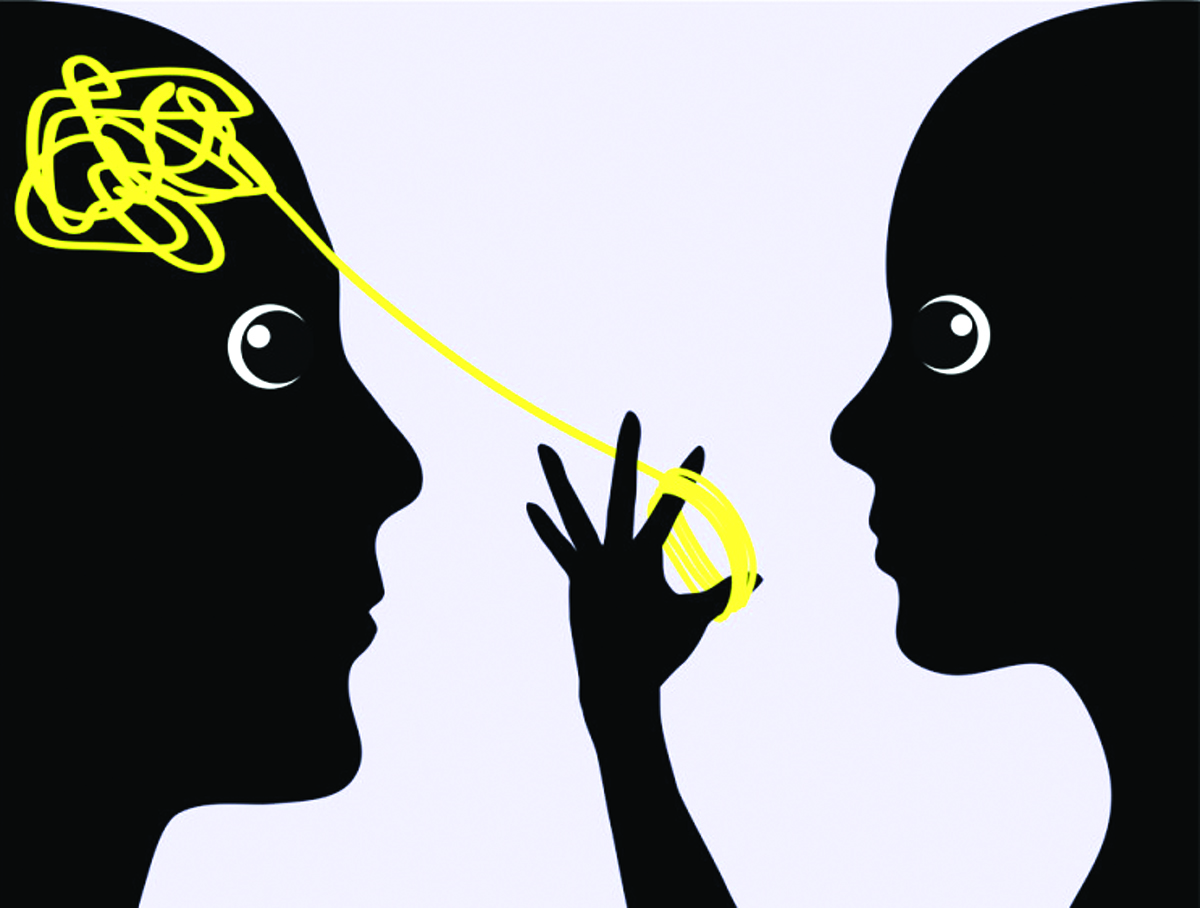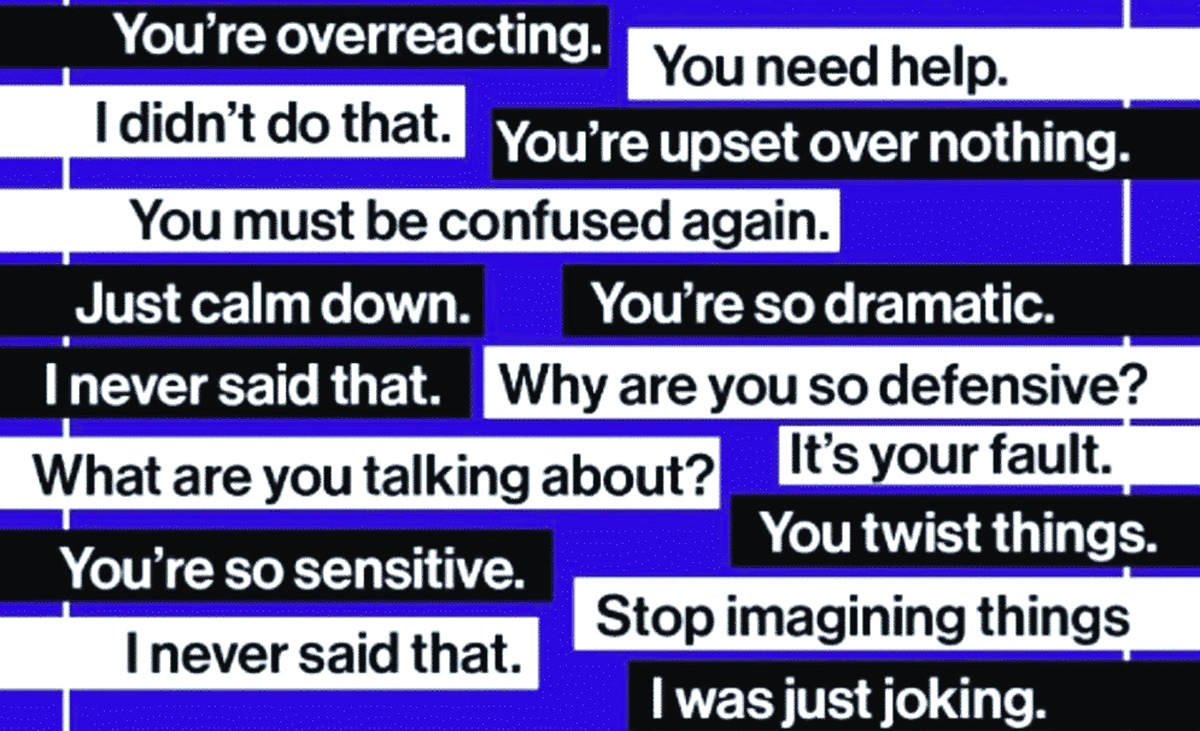
These past few weeks have been incredibly tense, all over the world but particularly in the USA where red and blue have tussled for American presidency. As I write this, Donald Trump is throwing all his toys out of the pram – unashamedly insulting his opponent, claiming victory, lashing out accusations about a rigged election and leaving so many of us speechless. In fact, a lot of people have actually conceded they have “no words” to describe his behaviour.
I won’t say anymore about American politics as it is well beyond the scope of my expertise; I bring it up as the proceedings of the past few days has made it even more crucial to talk about a most sinister and insidious form of psychological and emotional abuse that needs urgent understanding: gaslighting.

I learnt about the term gaslighting only two years ago but have known it well for decades. Bizarre, isn’t it? There must be a word to capture the relief one feels upon realising that there is in fact a word to capture something you have known and experienced for so many years. What would I not have given to have met just one individual who could empathise with what I felt when I experienced gaslighting? Just one. But I didn’t. Partly because I stayed silent but mostly because the feelings were so confusing, so impossible to pin down and comprehend – leave alone convey to anyone in a remotely articulate fashion. This very much seems the nature of the gaslighting experience: one is always wiser in hindsight. There isn’t much I can do now to reverse the experiences I have had with gaslighting, but I make it a point now to alert others to this insidious abuse.
The term gaslighting originates from a 1944 noir thriller Gaslight (based on a play Patrick Hamilton). Very briefly, Paula (Ingrid Bergman) falls in love with the irresistible and charming Gregory (Charles Boyer). It is a relationship that comes to be defined by Paula’s insanity-inducing confusion. Loving, excessive gestures are quickly followed by hateful jibes; compliments by taunts and affection by abuse. Things begin to get sinister with the mysterious disappearance of valuables, frightening footsteps at night and the central motif of the story – the strange dimming and brightening of gaslights in the house.

This motif has come to be called gaslighting – manipulating someone by psychological means into doubting their own truth and reality. It includes persistently telling someone they are wrong until they are forced to believe it; dismissing a person by refusing to listen to them respectfully; a stubborn unwillingness to be proven wrong or contradicted; tampering with someone’s self-worth and often making them feel ashamed, inadequate and utterly confused. All these fit perfectly under the insidious umbrella of gaslighting. But there is more: a gaslighter will often refuse to acknowledge an earlier statement or commitment, backtrack a promise with complete confidence, lie blatantly, unashamedly and what’s worse – often berate you for questioning them in the first place! When all else fails you might be subjected to that deeply frustrating silent treatment which feels very much like a punishment for a crime you haven’t committed, and often know nothing about! Even a brief encounter with gaslighting can leave you feeling frustrated – filled with the urge to go back, clarify things, ask questions, demand answers and set things straight. You make it a point to deal with things differently next time, wanting oddly enough to gain the approval of someone who is unlikely to be satisfied with anything. Such is the minefield that is gaslighting.
There are certain mannerisms that become trademarks of those who gaslight. There is a sharpness of manner and a never-ending supply of biting, stinging statements that can leave you reeling for days. There is the tendency to create a sense of panic by going on the offensive, demanding for proof, raising voices and creating an environment so terrifying that you will do anything to restore peace – including, sadly, succumb and tolerate the abuse. With hindsight everyone wonders why they allowed themselves to suffer such confusion and humiliation. What stopped one from putting an end to it and walking away? It’s because gaslighting really is that clever. I don’t think it’s an exaggeration to say that there is a bit of the Stockholm Syndrome there that makes us go back for more. That mocking laughter, with a tinge of evil – the one where you know you are being laughed at? That shaking of the head from side to side when you are mid-speech – dismissed even before being heard? It’s all part of the same insidiousness. Some crumbs of love, kindness and flattery however are meticulously bestowed to generate false hope. If you are an empath, you will even be filled with an urge to watch such a person, and your relationship with them, heal. Ironic, yes?

Whilst romantic relationships really are the staple of gaslighters, you can absolutely experience this in the work-place, friendships, family and even – I hate to say it – between parents and children. Any relationship in which you find yourself feeling trapped and controlled and where you are constantly second guessing yourself; where you no longer trust your judgement or decision-making power; where you feel unhappy but also confused; where you want to restore peace at any cost; where you feel ‘not enough’ and apologise far too much; where you begin to hold things back from family and friends for fear of not having the language to articulate your experience – ask yourself if you are being gaslit.
The after-effects of gaslighting can be traumatic but far too many of us do not stop it in time. But it is a lot like buying a new car and then seeing one like it each time you are on the road. Once you know about gaslighting, you stand a much better change at not inhaling its toxic fumes.
The author received a PhD in English Literature from the University of Warwick and is an Associate Senior Leader at The Ridgeway Education Trust in Oxfordshire, England

I won’t say anymore about American politics as it is well beyond the scope of my expertise; I bring it up as the proceedings of the past few days has made it even more crucial to talk about a most sinister and insidious form of psychological and emotional abuse that needs urgent understanding: gaslighting.

I learnt about the term gaslighting only two years ago but have known it well for decades. Bizarre, isn’t it? There must be a word to capture the relief one feels upon realising that there is in fact a word to capture something you have known and experienced for so many years. What would I not have given to have met just one individual who could empathise with what I felt when I experienced gaslighting? Just one. But I didn’t. Partly because I stayed silent but mostly because the feelings were so confusing, so impossible to pin down and comprehend – leave alone convey to anyone in a remotely articulate fashion. This very much seems the nature of the gaslighting experience: one is always wiser in hindsight. There isn’t much I can do now to reverse the experiences I have had with gaslighting, but I make it a point now to alert others to this insidious abuse.
If you are an empath, you will even be filled with an urge to watch such a person – and your relationship with them – heal. Ironic, yes?
The term gaslighting originates from a 1944 noir thriller Gaslight (based on a play Patrick Hamilton). Very briefly, Paula (Ingrid Bergman) falls in love with the irresistible and charming Gregory (Charles Boyer). It is a relationship that comes to be defined by Paula’s insanity-inducing confusion. Loving, excessive gestures are quickly followed by hateful jibes; compliments by taunts and affection by abuse. Things begin to get sinister with the mysterious disappearance of valuables, frightening footsteps at night and the central motif of the story – the strange dimming and brightening of gaslights in the house.

This motif has come to be called gaslighting – manipulating someone by psychological means into doubting their own truth and reality. It includes persistently telling someone they are wrong until they are forced to believe it; dismissing a person by refusing to listen to them respectfully; a stubborn unwillingness to be proven wrong or contradicted; tampering with someone’s self-worth and often making them feel ashamed, inadequate and utterly confused. All these fit perfectly under the insidious umbrella of gaslighting. But there is more: a gaslighter will often refuse to acknowledge an earlier statement or commitment, backtrack a promise with complete confidence, lie blatantly, unashamedly and what’s worse – often berate you for questioning them in the first place! When all else fails you might be subjected to that deeply frustrating silent treatment which feels very much like a punishment for a crime you haven’t committed, and often know nothing about! Even a brief encounter with gaslighting can leave you feeling frustrated – filled with the urge to go back, clarify things, ask questions, demand answers and set things straight. You make it a point to deal with things differently next time, wanting oddly enough to gain the approval of someone who is unlikely to be satisfied with anything. Such is the minefield that is gaslighting.
I learnt about the term gaslighting only two years ago but have known it well for decades. Bizarre, isn’t it? There must be a word to capture the relief one feels upon realising that there is in fact a word to capture something you have known and experienced for so many years
There are certain mannerisms that become trademarks of those who gaslight. There is a sharpness of manner and a never-ending supply of biting, stinging statements that can leave you reeling for days. There is the tendency to create a sense of panic by going on the offensive, demanding for proof, raising voices and creating an environment so terrifying that you will do anything to restore peace – including, sadly, succumb and tolerate the abuse. With hindsight everyone wonders why they allowed themselves to suffer such confusion and humiliation. What stopped one from putting an end to it and walking away? It’s because gaslighting really is that clever. I don’t think it’s an exaggeration to say that there is a bit of the Stockholm Syndrome there that makes us go back for more. That mocking laughter, with a tinge of evil – the one where you know you are being laughed at? That shaking of the head from side to side when you are mid-speech – dismissed even before being heard? It’s all part of the same insidiousness. Some crumbs of love, kindness and flattery however are meticulously bestowed to generate false hope. If you are an empath, you will even be filled with an urge to watch such a person, and your relationship with them, heal. Ironic, yes?

Whilst romantic relationships really are the staple of gaslighters, you can absolutely experience this in the work-place, friendships, family and even – I hate to say it – between parents and children. Any relationship in which you find yourself feeling trapped and controlled and where you are constantly second guessing yourself; where you no longer trust your judgement or decision-making power; where you feel unhappy but also confused; where you want to restore peace at any cost; where you feel ‘not enough’ and apologise far too much; where you begin to hold things back from family and friends for fear of not having the language to articulate your experience – ask yourself if you are being gaslit.
The after-effects of gaslighting can be traumatic but far too many of us do not stop it in time. But it is a lot like buying a new car and then seeing one like it each time you are on the road. Once you know about gaslighting, you stand a much better change at not inhaling its toxic fumes.
The author received a PhD in English Literature from the University of Warwick and is an Associate Senior Leader at The Ridgeway Education Trust in Oxfordshire, England


